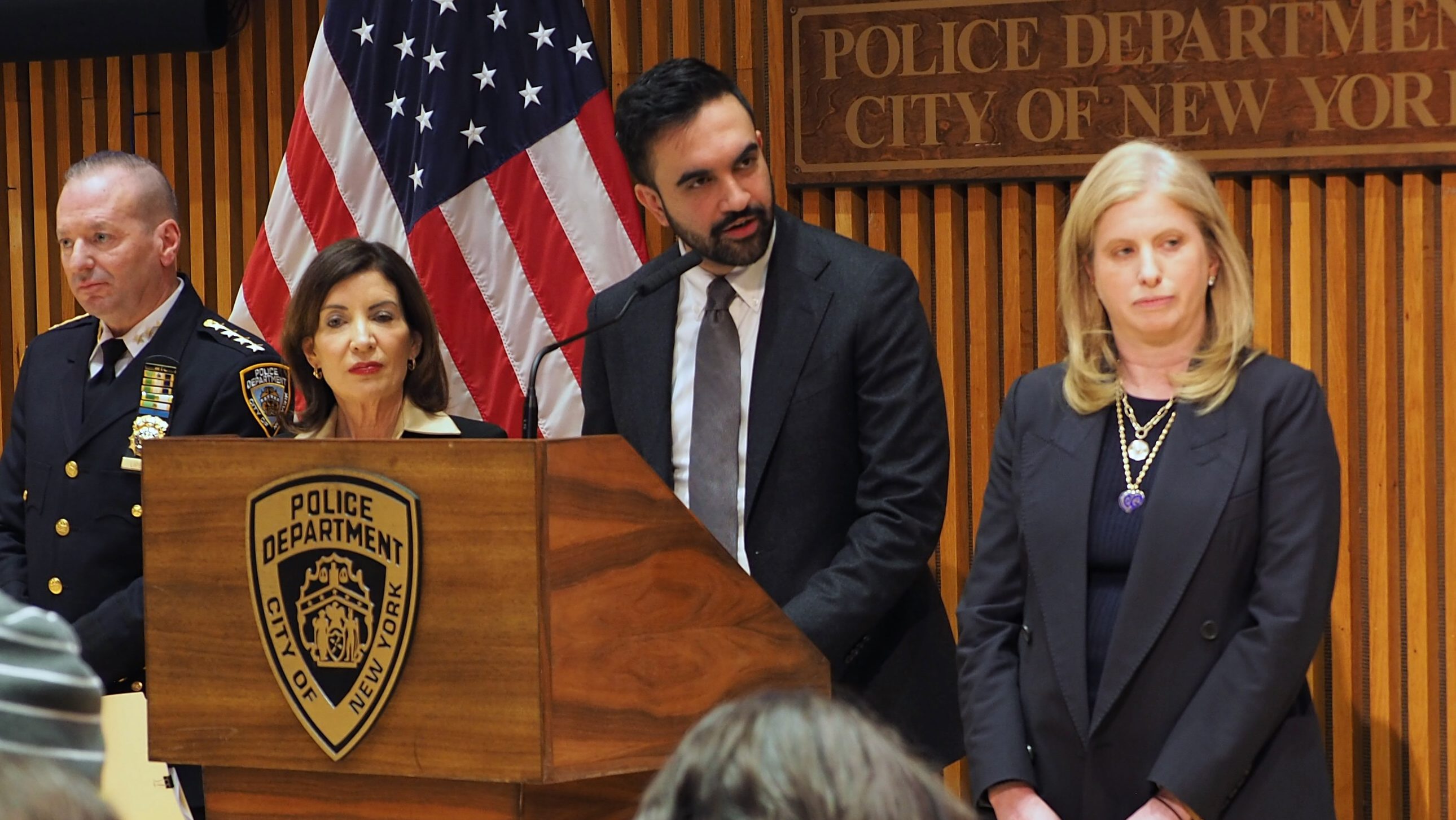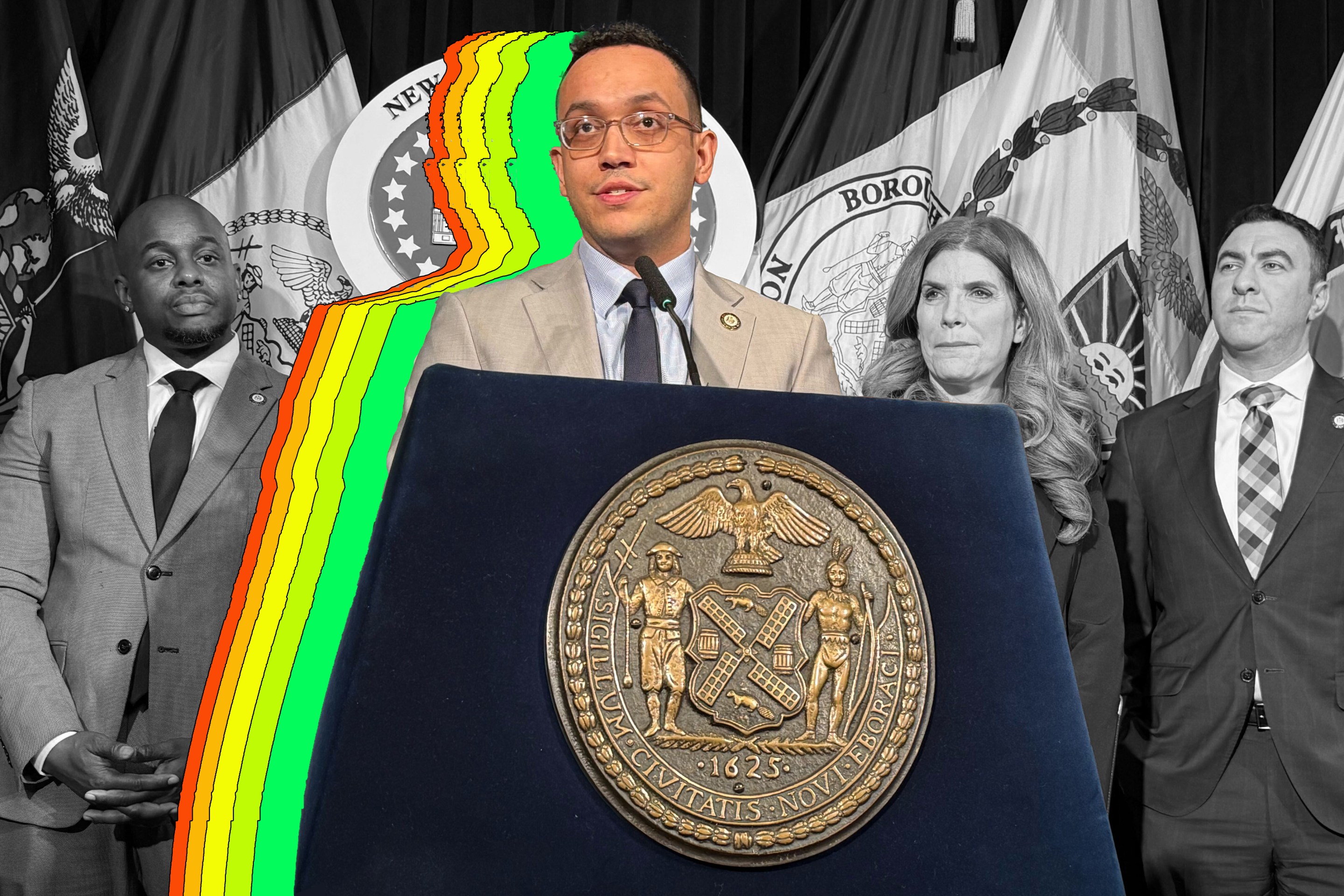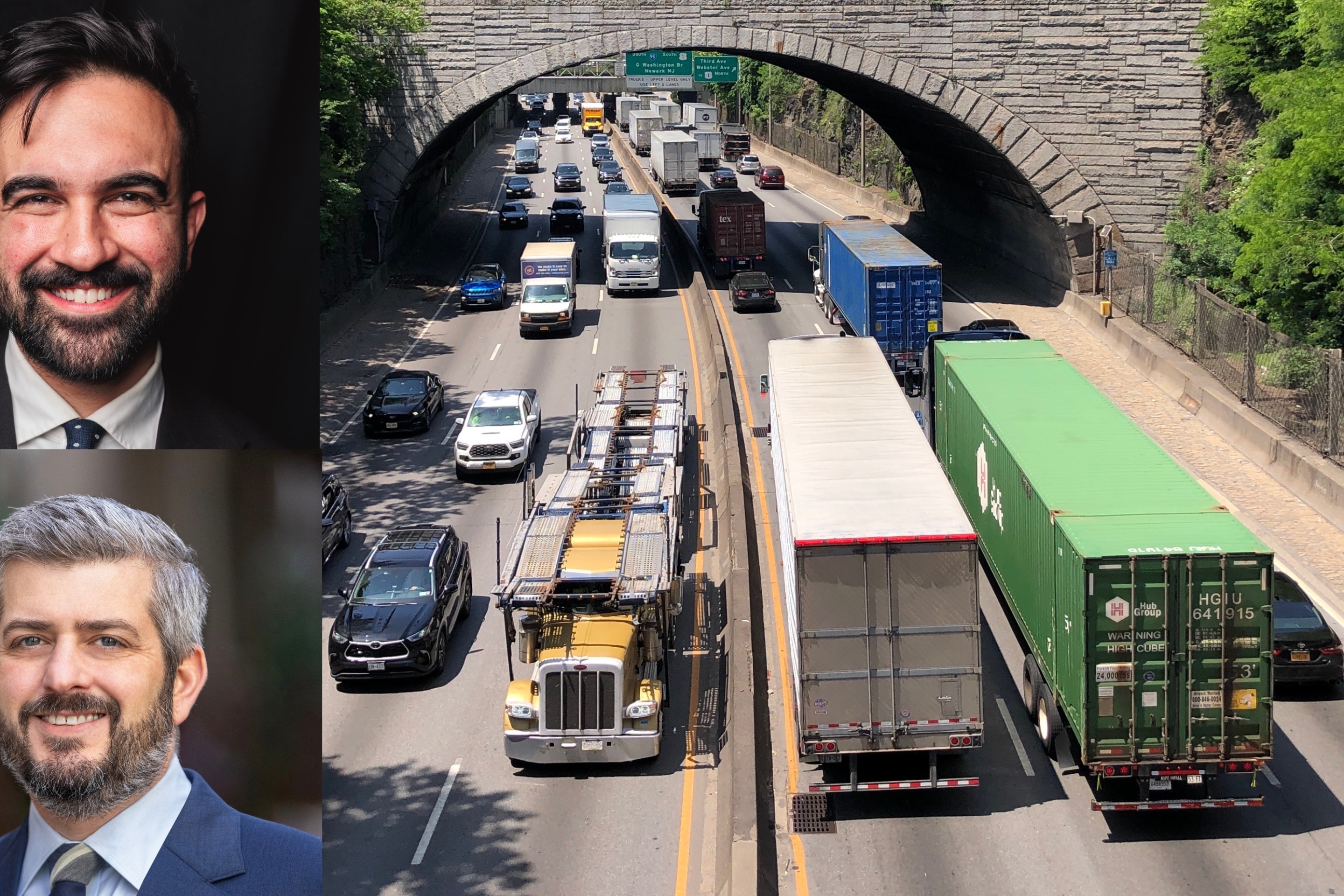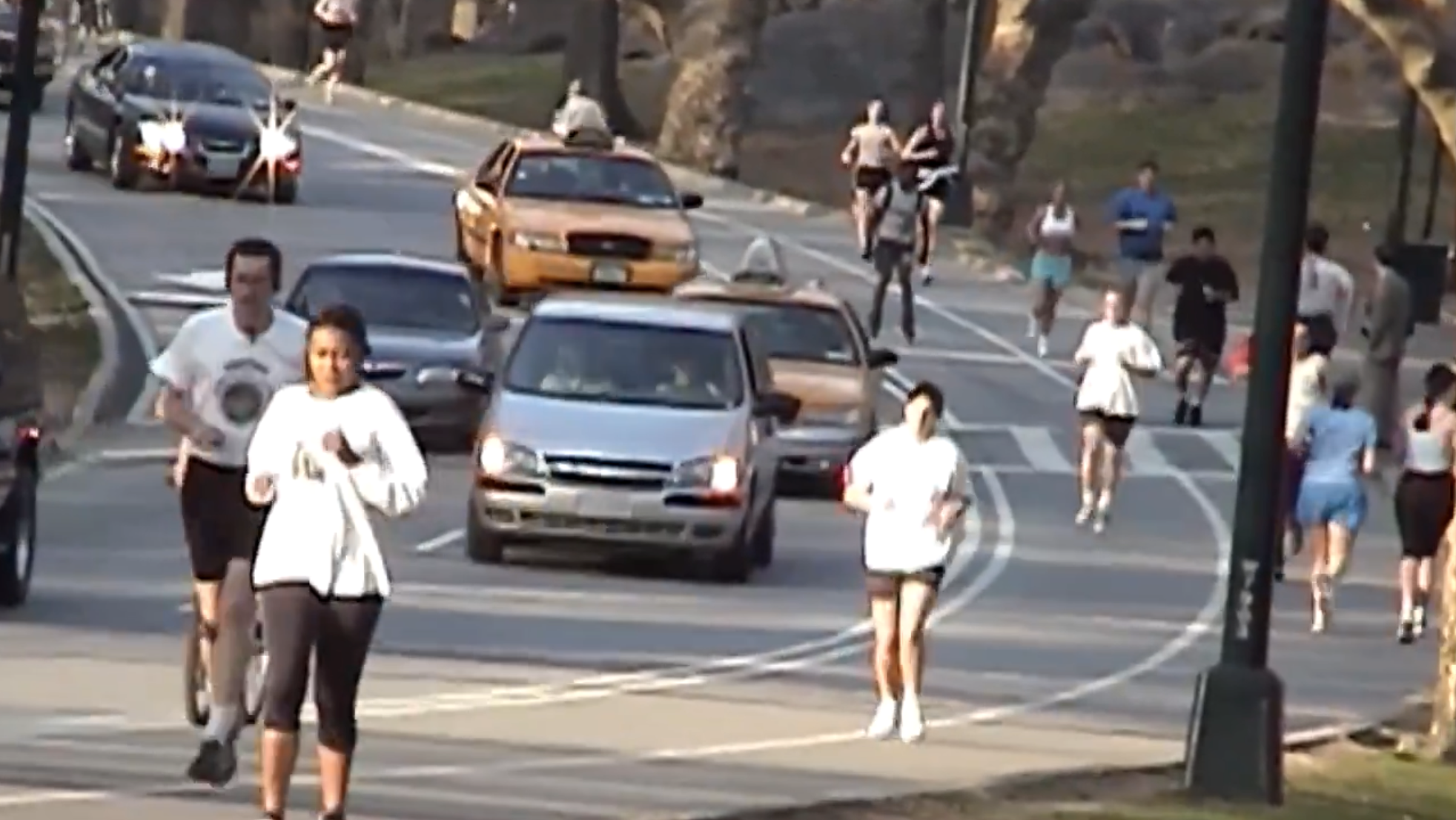Last spring, Alexander and Danielle Meitiv became public faces of the "Free Range Kids" movement when their children were picked up by police in Silver Spring, Maryland, while walking home from a local park.

The sight of a 10-year-old and a 6-year-old unsupervised prompted police to open a child neglect case against the couple. The investigation was dropped in June -- but not before the story made national headlines.
A provision inserted into the just-passed federal education bill seeks to put an end to incidents like this, writes Lenore Skenazy in the New York Post. Skenazy, the founder of the Free Range Kids movement and a writer at Reason.com, says cases like the Meitivs' are more common than you'd think.
The provision from Senator Mike Lee, a Utah Republican, says the law will not "prohibit a child from traveling to and from school on foot, or by car, bus, or bike when ... the parents have given permission."
We asked some attorneys if the new rule was likely to prevent local police departments from coming down on parents who allow their children to do things like walk to school and play unsupervised.
Ohio bike lawyer Steve Magas said he's seen similar cases, but he's not sure how often "free range parents" end up in the legal system. In 2011, a Tennessee mom faced neglect charges for letting her kid bike to school. Magas said he's currently preparing to represent a woman who was threatened with child endangerment charges by the Ohio Highway Patrol for riding her bike with her toddler.
But both Magas and bike lawyer Bob Mionske said the law has some limitations. Magas said:
I think it certainly provides States with notice that the Helicopter Parent is NOT the norm, or the bar by which all parenting is to be judged … Given that states can pass their own laws which are not overridden by this law I suppose there is a risk of states, or particularly aggressive cops or Children’s Services personnel, continuing to pursue this ridiculous action despite the federal law ...
Mionske agreed, saying the measure does not preempt local or state law. He said he thinks it is mostly a "symbolic effort."
We asked Skenazy what she hopes the law will accomplish. She said Lee's amendment wasn't meant to preempt local laws. Lee is a Tea Party-Libertarian type and wouldn't support a law that interferes with local government's authority. But she thinks it will send a message.
"It’s just a way of sort of putting it out there: Since when did we decide that the government and not the parents decide at what age it's okay for kids to walk to school?" she said in an email. "Doesn’t the parent know their neighborhood best and their kids best?"
Skenazy said she receives emails from parents almost every day who have been arrested or are being investigated for things that are ultimately not very risky -- like letting their kids walk to school or wait in the car for a few minutes while they're in a store.
"What I’m hoping my whole movement does is remind people of two facts: Our kids are not in constant danger so we don’t have to act or legislate as if they are," she said. "Number two: Parents love their children more than the government does. Unless they are really putting their child in imminent and obvious and grave danger -- giving them drugs, pimping them out -- we should give parents the benefit of the doubt."





